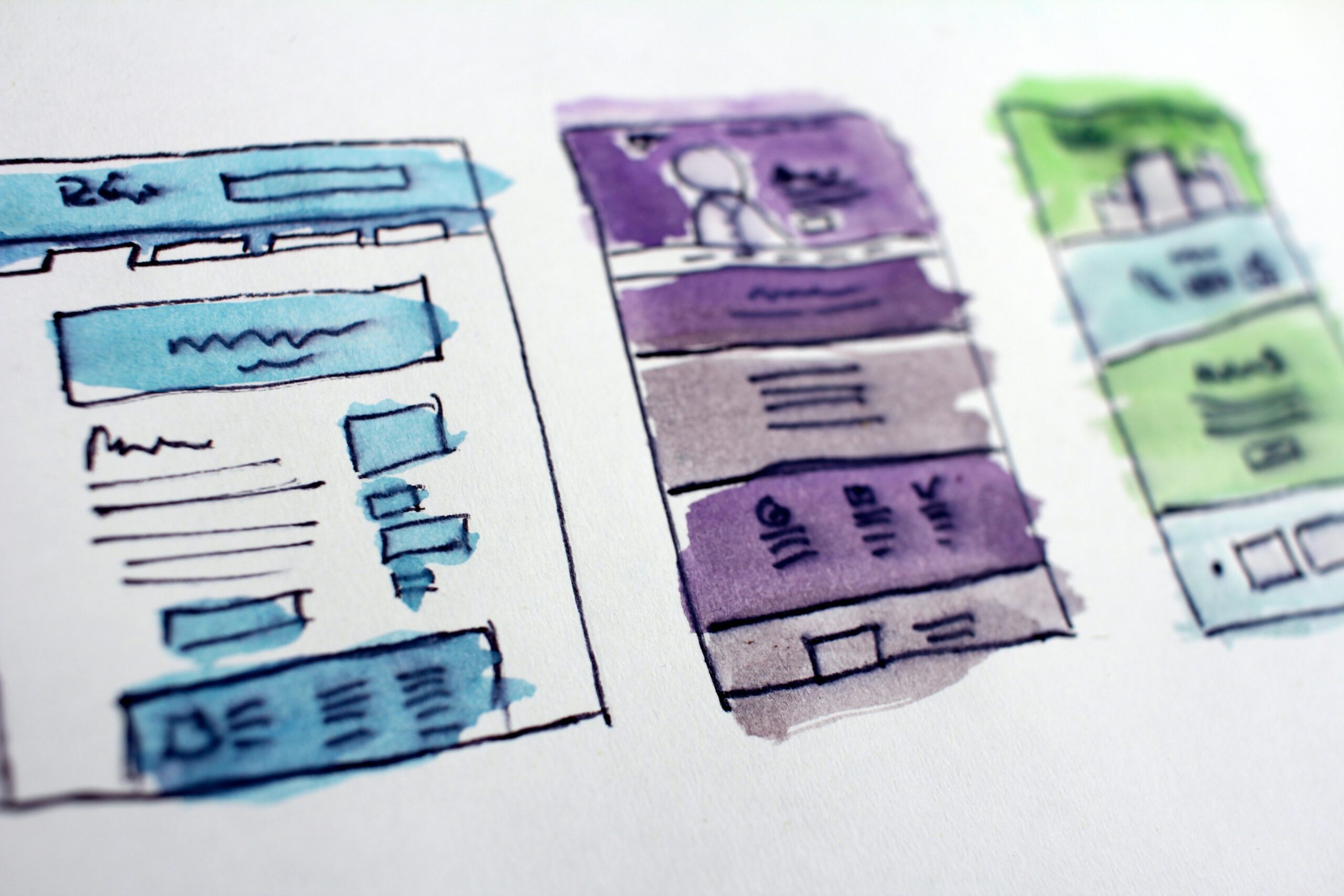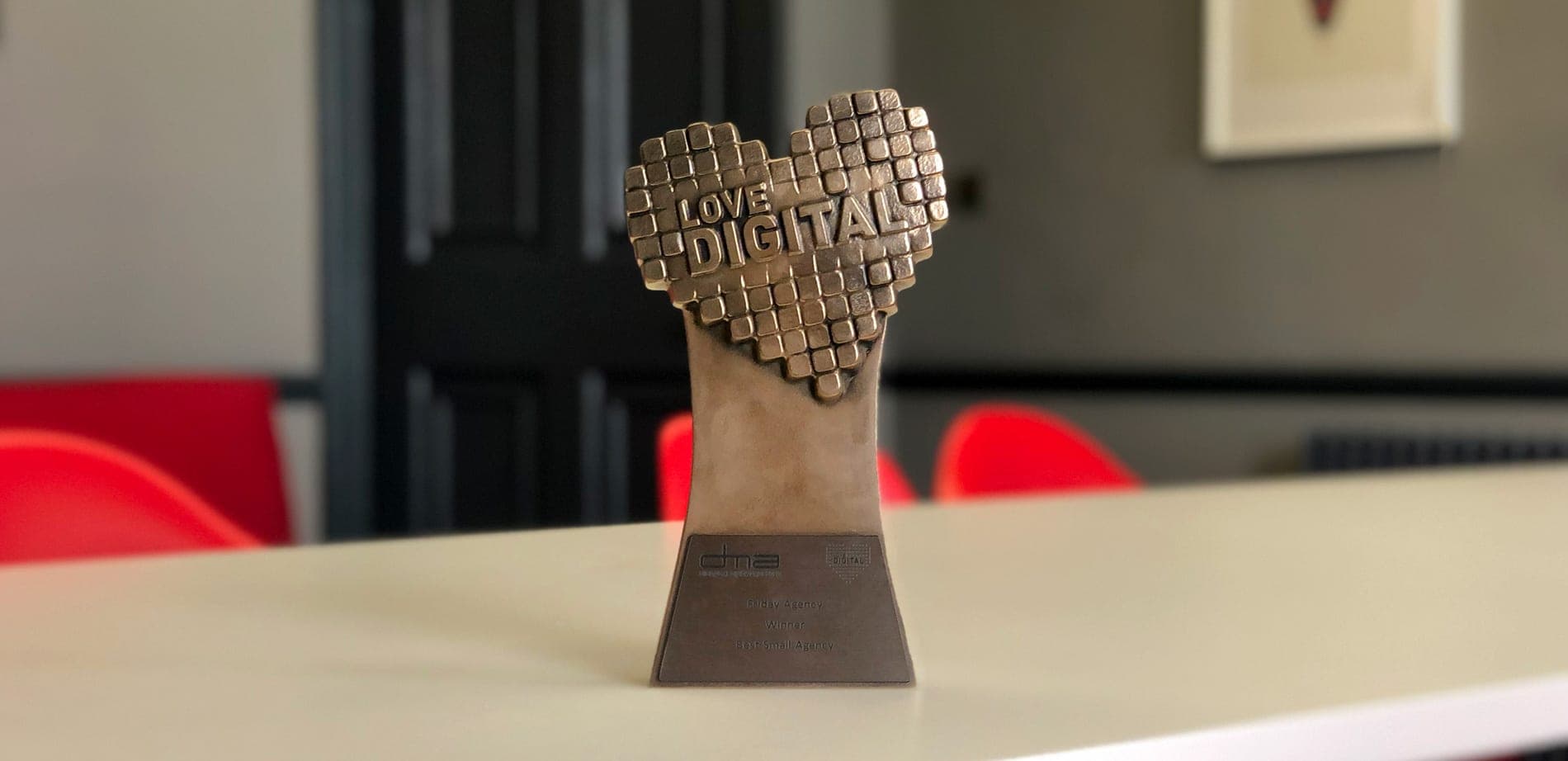The Power of a Custom Web Experience
Websites are the central supporting pillar of most online presences and often the first brand touchpoint. When building a website there are generally two options – a template or page builder, or a custom designed and built website. But which option is best?
The wide availability of templates and page builders has made it easier and faster to set up a website. While on the surface this seems positive, it may not be the best approach.
Web templates and page builders may be quick, but they have several drawbacks. The designs can be generic with less room to customise and functionality can be limited.
On the other hand, a custom web design can help your business stand out from all the digital noise. It’s tailored to your brand’s unique vision, values, and goals. You have the freedom to choose your colour scheme, fonts, and overall aesthetic in line with your brand.
A custom website can also be designed with the user experience in mind something we at Friday value greatly, thus ensuring that visitors can easily find the information they need and navigate the site with ease.
Disadvantages of Template Websites
Predetermined Design
While templates offer speed and convenience, they can be limiting by confining you to a predefined design. These templates often provide only minimal room for customisation, making it challenging to seamlessly integrate them with your unique brand identity.
Excess Code
Templates are designed with a broad spectrum of businesses in mind, encompassing a diverse array of features to cater to a wide audience.
However, this inclusivity can result in an abundance of options, some of which might align with your requirements while many others may not.
Consequently, this can introduce unnecessary bloat and surplus code into your website, potentially impeding its performance and speed. This is bad for the user and for your SEO.

Advantages of Custom Websites
Design Tailored to Your Brand
With a custom website, the level of customisation and personalisation is virtually limitless. Designers can work closely with clients to ensure that every aspect of the website aligns perfectly with their brand guidelines, effectively conveying their core beliefs and values.
Custom websites enable businesses to maintain consistent branding across all digital platforms. From the logo and colour scheme to the typography and imagery, every element can be carefully tailored to reinforce the brand identity and leave a lasting impression on visitors.
User Experience-Optimised Design
A custom website can be designed with your user in mind. For any website, UX will play a pivotal role in ensuring user satisfaction and improving the UX design of a website can enable a business to increase its conversion rate by “as high as 400%” (Source: Forrester Research).
Increased Search Performance
Search engine optimisation (SEO) is the practice of optimising a website to improve its ranking on search engines. The better your SEO, the higher your site will rank.
Many factors can help SEO, and keeping them in mind when designing and building your custom-coded website will ensure that it is built perfectly to maximise your search ranking.
Ability to Evolve in Response to Business Changes
As your business grows, its digital platforms must adapt along with that growth. A custom experience makes it easier to add new features or changes as you need.
Custom functionality
Different businesses require their websites to perform various tasks, whether it’s an e-commerce solution, a location finder to show all business locations, or custom functionality not included with the base CMS.
A pre-built theme will limit you to the basic functionality of the CMS. To extend its capabilities, you’ll need to add plugins.
However, plugins can add a lot of unnecessary code to your site, as you may only need to use a small portion of their functions. With a custom site, your developer can build the exact functionality you need without any unnecessary code or plugins.
Flexible CMS functionality
Most business websites run on a content management system (CMS) to allow for easy content changes across the site. However, with a base install and template, you will be limited to only changing what the template allows.
Your developer can make all content editable and add custom content types to suit your business needs.
So
In a dynamic digital landscape, the choice between templates and custom design for your website is pivotal. While templates provide a quick start and have their place for small sites where you want something up and running pronto, they can stifle your brand’s uniqueness and compromise user experience.
On the other hand, custom websites align closely with your vision, offering limitless customisation, optimised user experience, and enhanced SEO performance.
A custom-built user experience will resonate with your audience, reinforce your values, and empower your business.
If you are ready to stand out get in touch with us. We are a custom website agency who embrace the power of custom web design.


